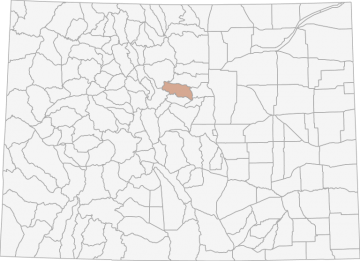Hunting Statistics for BE039O1R


With all things equal, draw odds is the percent chance you'll draw this tag as your first choice hunt. Depending on the state draw these odds represnt:
Last year the average draw odds for hunt BE039O1R was 100.0%.
Quotas are the number of limited licenses up for grabs. Quotas are only set for limited license hunts. As you probably guessed, there are often different quotas for residents and nonresidents. Obviously, over-the-counter licenses are not shown in this graph.
Often state agencies do not report actual resident/nonresident quota breakdowns. They'll say that they will be determined at the time of the draw. In those cases, we'll try to calculate an estimated quota based on actual historical draw results.
Last year the total quota for hunt BE039O1R was 275 licenses, and 263 licenses were reserved for residents.
Was the quota met in the draw, or is there a surplus of leftover tags? In popular units, there's rarely any surplus. It's worthy of note to mention that just because there may be a surplus, that doesn't mean that those licenses will be available to purchase as a leftover license.
Last year, there were 271 tags drawn, and there were 4 leftover tags (after the draw) available for hunt BE039O1R.
How much competition do you have? Let's face it, in many competitive units when you don't get your first choice, you're not getting a tag.
Last year, there were 203 hunters who put hunt BE039O1R as their first choice.
In the past year, here's the breakdown of the number of points that applicants had prior to applying for hunt BE039O1R.
For bighorn sheep, moose and mountain goat, an applicant can accumulate a maximum of three points. Future applications are pooled with other three-point applicants. If you are unsuccessful in the pooled drawing, a ?mathematically weighted? point is awarded to increase the probability of drawing a future license. You must apply at least once in a consecutive 10-year period to keep your points.